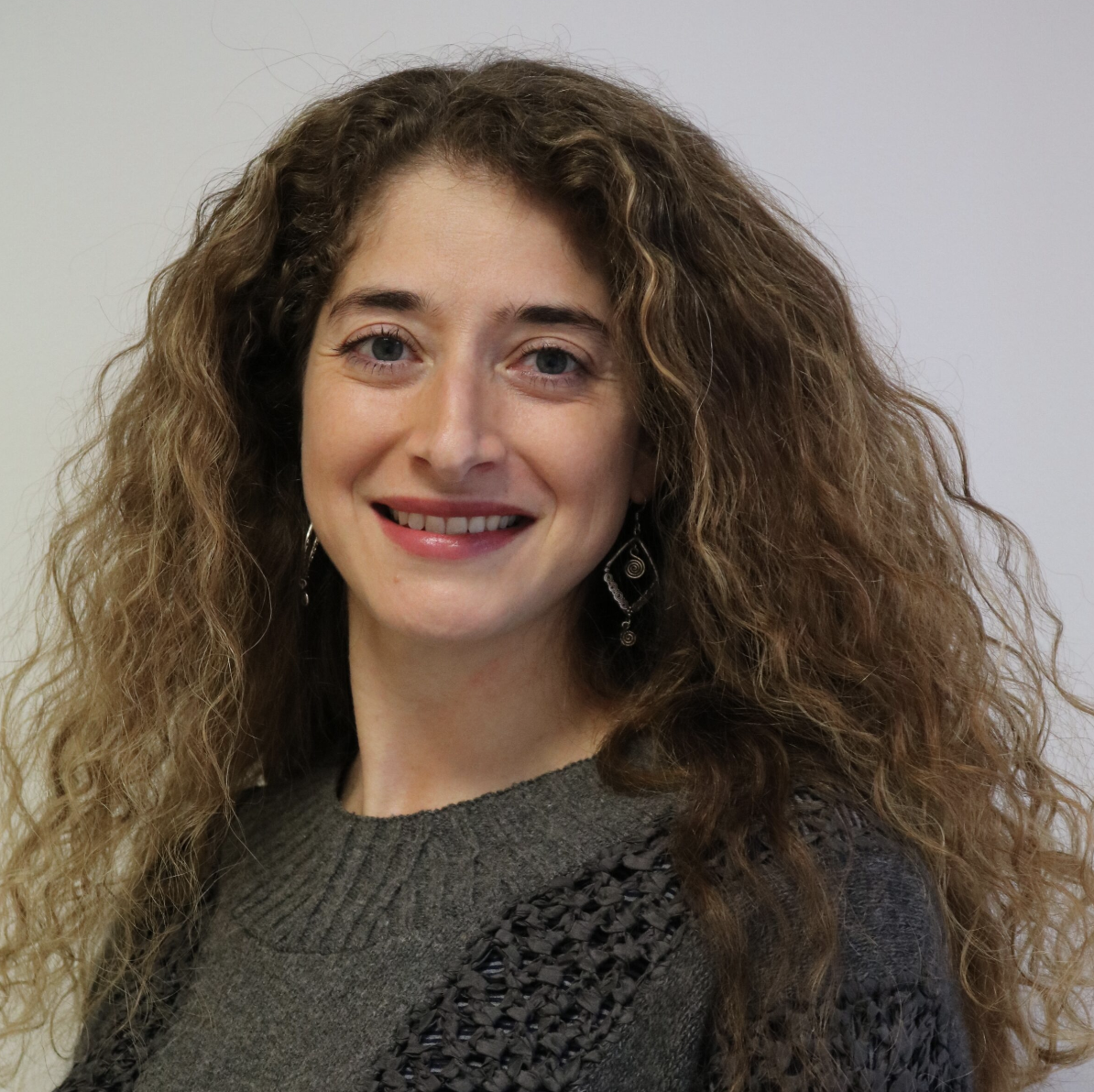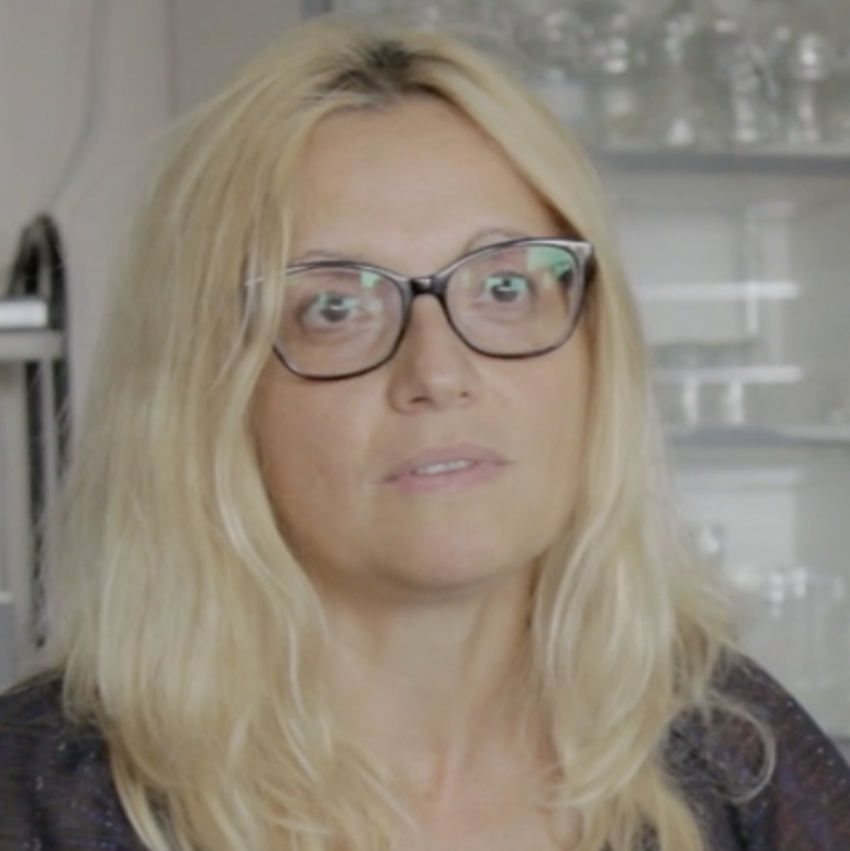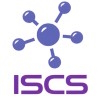
Elsa Arcaute
University College London, UK
Identifying vulnerabilities in urban systems across scales
Urban systems are shifting from a focus on optimization to an emphasis on resilience. Despite ongoing efforts, we still lack a cohesive framework to effectively identify vulnerabilities within these systems to enhance resilience. Existing studies often concentrate on hard infrastructure, yet resilience and adaptability must be embedded across all layers—from physical infrastructure to social systems. Understanding these systems requires a relational perspective, recognizing that changes in one element inevitably influence others through dependencies and feedback loops. Effective intervention design must consider the scale at which changes are implemented and how these scales interact. In this talk, we adopt a multi-scalar approach to explore the interconnected nature of urban systems and identify the most impactful levels for targeted interventions.
Short bio
Ulrik Brandes
ETH Zürich, Switzerland
Networks FC – Networks, Football & Complexity
I argue that association football (soccer) is a model system for data science research in social science domains. The game itself has been described as an open complex system by scholars from various backgrounds, and it is interfacing with other systems comprised of
organizations, markets, and audiences. The challenges encountered when studying collective behavior in a highly regulated, spatially and temporally constrained setting make for a humbling experience for anyone attempting to understand even more complex social systems. By way of example, I report on some recent work using network models to study football tactics.
Short bio
Mikko Kivelä
Aalto University, Finland
Measuring polarization
Growing polarization has become a prominent topic in both academic and public discussions. However, what exactly is growing is often elusive and sometimes even rests on anecdotal arguments. To address these challenges, I consider polarization as a complex and multifaceted phenomenon that needs to be characterized beyond merely single-dimensional growth and decline. I will demonstrate how approaches from computational social science and network analysis can be employed to measure and analyze different types of polarization in online social media and beyond. These aspects include quantifying issue alignment, examining mass-elite polarization, and polarization in multiple contexts. This work demonstrates how operationalizing concepts from political science can generate compelling theoretical challenges within network science and computational sciences more broadly. By bridging these disciplines, this research offers novel tools for understanding and measuring polarization.
Short bio
Caterina A. M. La Porta
University of Milan, Italy
Tackling complexity in cancer
The vast majority of cancer deaths are not due to the growth of the primary tumor but to the spread of metastasis. The distribution patterns of cancer metastasis depend on a sequence of steps involving on the one hand changes in gene regulation at the level of the cell and on the other hand on geometrical and mechanical systemic effects related to blood circulation. In this talk, I will disentangle the two issues by first showing simulations cancer cell trajectories in a high-resolution humanoid model of global blood circulation and comparing the results with the location of metastasis recorded in thousands of human autopsies for seven different solid tumors. I will then address gene regulation, considering the transition between epithelial and mesenchymal states, which is known to play a fundamental role in cancer progression. Using a combination of numerical simulations of a Boolean network model and the analysis of bulk and single-cell gene expression data, we constructed a topographic map underlying epithelial–mesenchymal transitions. The map reveals a multitude of metastable hybrid phenotypic states, separating stable epithelial and mesenchymal states and provides a general strategy to construct a topographic representation of phenotypic plasticity from gene expression data using statistical physics methods. The method is at the basis of ARIADNE, an algorithmic strategy to assess the risk of metastasis from transcriptomic data of patients with triple-negative breast cancer, a subtype of breast cancer with poorer prognosis with respect to the other subtypes.
Short bio
